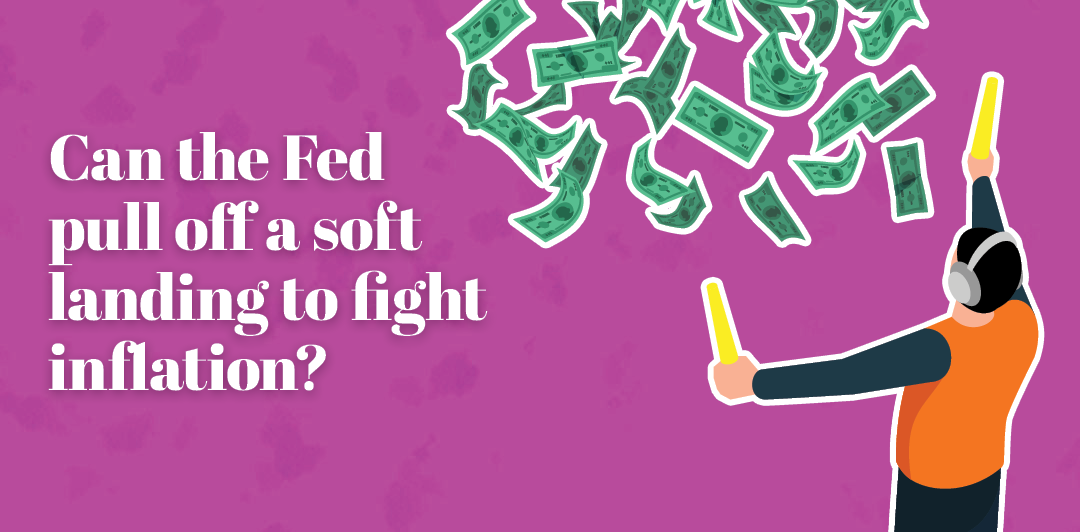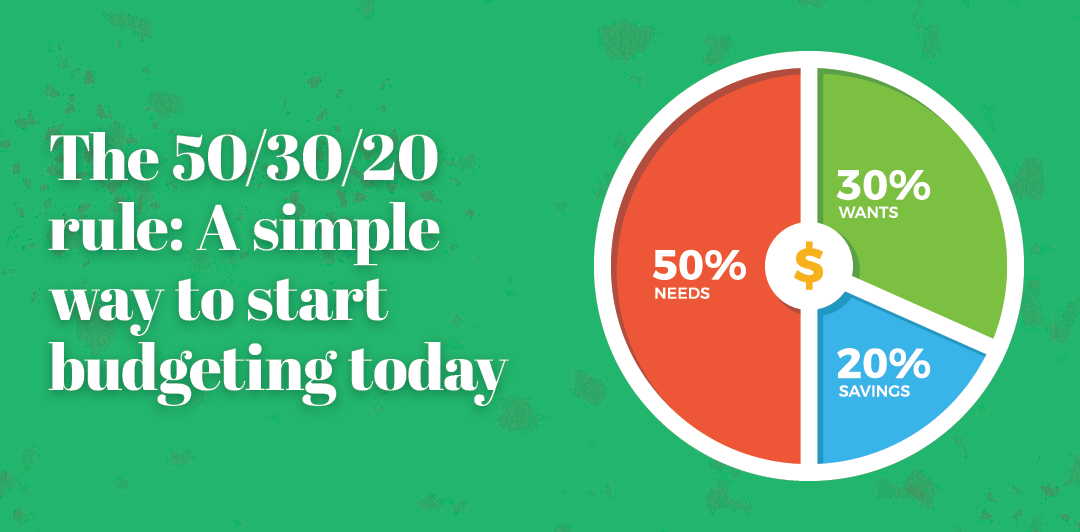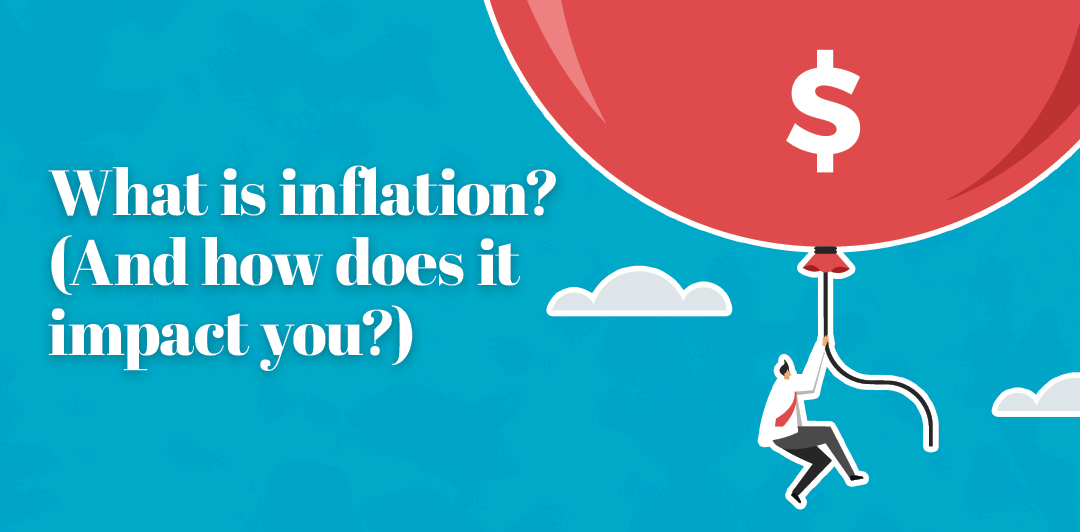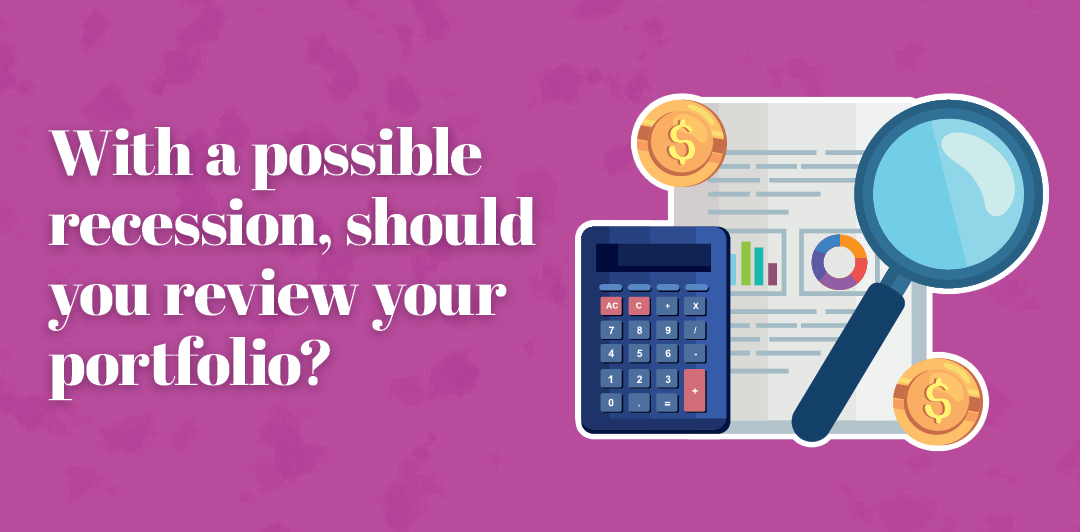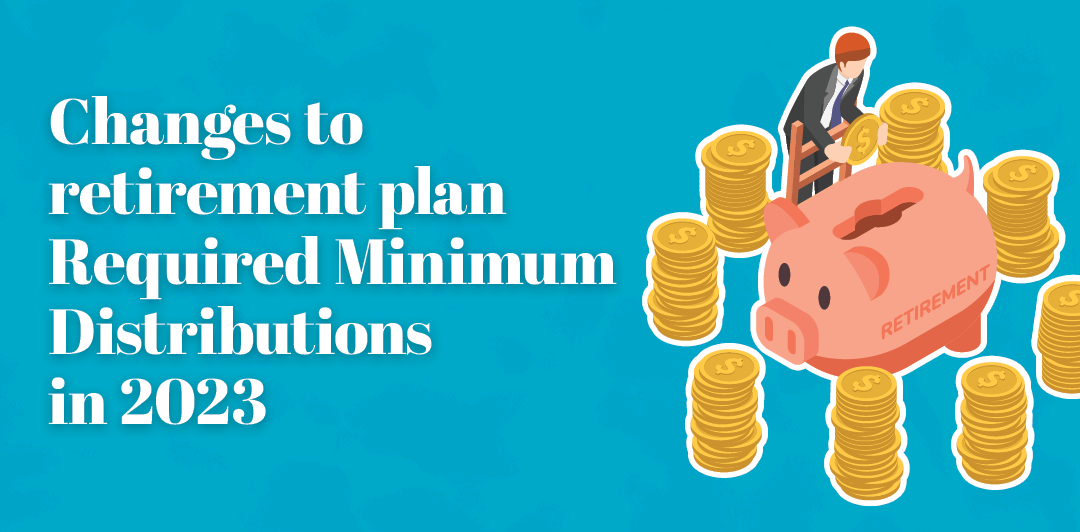


The Ins and Outs of a Cash-out Refinance
Maybe you want to renovate your bathroom or pay down some high-interest debt but you’re having trouble building up the amount of money you need to make it happen.
A cash-out refinance may be the solution. It can help you fund your home renovation, so you don’t have to take out a personal loan, another mortgage or use credit cards.
What’s a cash-out refinance?
A cash-out refinance mortgage replaces your current mortgage with a new loan for more than you owe on your home. The difference between the two loans goes to you in cash, and you can spend it on whatever you want.
It’s different than a traditional refinance, which replaces your existing mortgage with a new one, usually with more favorable terms than the original mortgage, but for the same balance.
With cash-out refinancing, you are withdrawing a portion of your home equity or the amount of your home’s value that you own. Lenders limit how much you can withdraw to no more than 80 percent of your home’s equity. In other words, you can’t pull out 100 percent of your home’s value.
For instance, let’s say you still owe $200,000 on your house, and it’s worth $400,000. That means you have $200,000 of equity in your home. You can refinance your $200,000 mortgage for $320,000 and receive $120,000 in cash.
Why use it?
A cash-out refinance gives your quick access to a lump sum of cash and could be a more attractive option than taking out a personal loan or an additional mortgage. It lets you tap the equity you’ve already earned to pay for home renovations that will boost the value of your home or pay off high-interest debt. And it could also fund urgent and expensive medical bills or car repairs.
What should I consider before securing a cash-out refinance?
Of course, there are some things to consider before committing to a cash-out refinance. You’ll have to pay loan closing costs which could include appraisal fees. Also, your loan terms may change, meaning that your new mortgage could take longer to pay off, your monthly payments may increase and your interest rate could go up.
Bottom line
A cash-out refinance may make sense if you’re using the money for a good reason and you can score a good interest rate on your new mortgage. Using the money for home improvements can boost the equity you’re taking out. But using it to fund a vacation or pay off credit cards and other debts can put your home at risk. Keep in mind that with a cash-out refinance, you’re using your home as collateral, so make all of your payments on time and in full.
David Bimler is the Assistant Vice President, Residential Mortgage and consumer Lending Sales Manager at F&M Trust.
Recent Articles
Join our e-newsletter
Sign up for our e-newsletter to get new content each month.


















